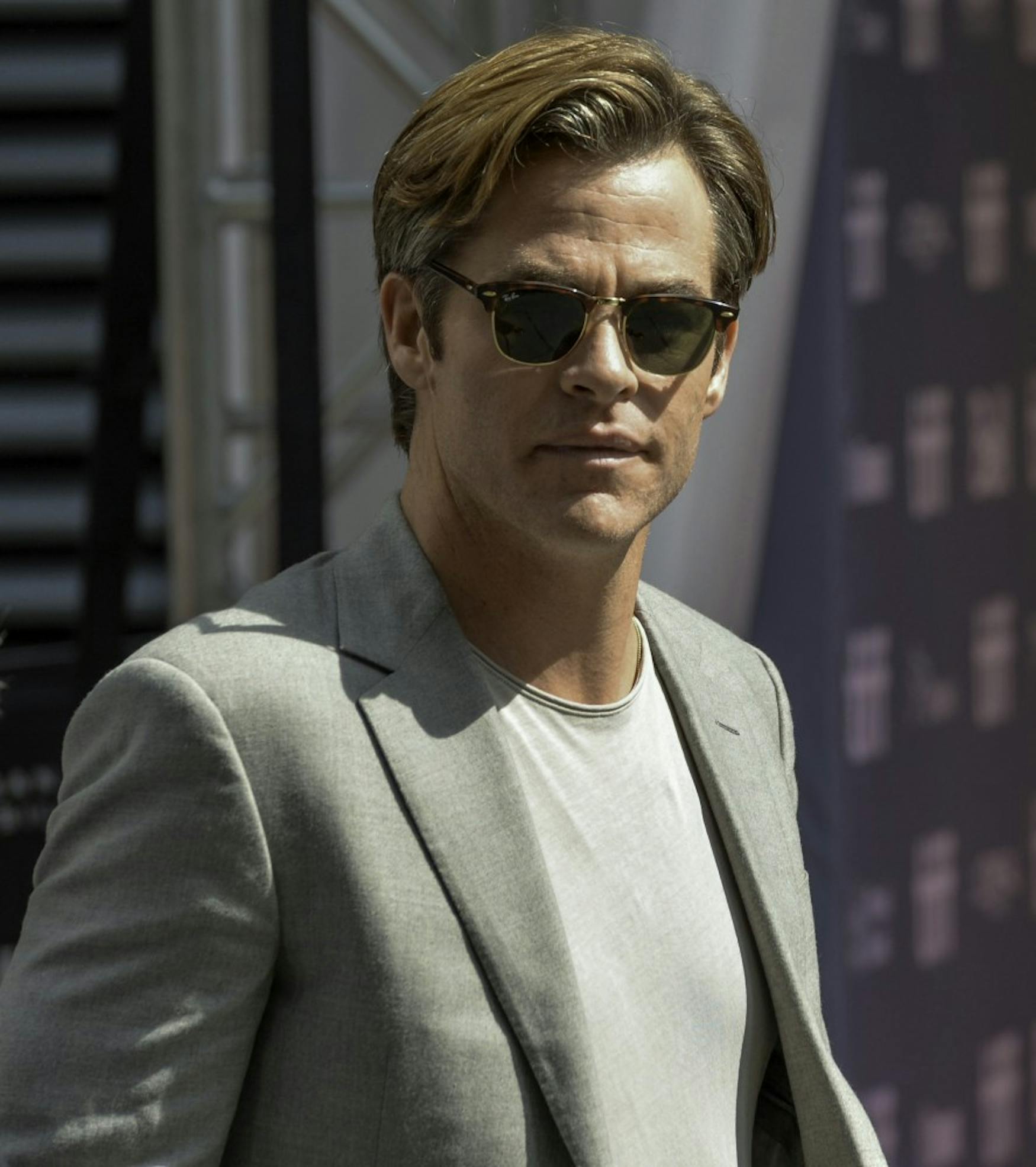Mackenzie disappoints fans in new film
“Outlaw King” is a historical drama about the journey of the legendary king of Scotland, Robert the Bruce. Robert, facing the British, one of the strongest armies in Europe, who had already defeated the Scots before, needs not only to find a way to victory but also to be a leader for a discouraged and restless nation. The film is directed by David Mackenzie, who was praised for his 2016 Western crime drama “Hell Or High Water,” my favorite film of that year. For that reason, I was looking forward to “Outlaw King,” Mackenzie and Pine’s second collaboration.
As a historical drama, the film did a solid job of putting the audience in the context of medieval England. From depictions of daily life to an elaborate wedding ceremony, the film more than meets Hollywood’s standards. The whole film was shot in England and Scotland, which lent even more authenticity to the battle scenes.
Unfortunately, the film is disappointing on almost every other level. The pacing is inconsistent, to say the least. The story starts with Robert the Bruce and his family submitting to King Edward I of England after a failed first Scottish revolution. Instead of taking its time to build up the characters, the film’s first 25 minutes rush the process through which Robert is crowned by the Roman Catholic Church as the new King of Scotland. Any part of that time could have been expanded to show his struggle leading the revolution when his allies failed him and his family left him. Instead, I found myself half an hour into the movie with nothing but a dozen characters, who had neither background nor personality to care about.
The film drags through a series of defeats, which force Robert into guerrilla-style warfare and scorched-earth policy. Once again, those are moments that could have been used to show Robert’s military genius or determination to destroy everything in order to restore his nation. Instead, it is briefly explained in a rushed precursor to the last battle. While the Battle of Bannockburn is the most enjoyable moment of the movie, I cannot help but remember the famous battle scene in “Braveheart” and notice how similar those two are. Even if that is exactly what happened in history, it is astonishingly uncreative for the director to film a battle scene in the same way it was done 20 years ago. Not coming up with a different way to present the battle shows the lack of creativity in this film.
While the minor characters are hustled over with no significance, the main characters are also poorly established. Elizabeth de Burgh, the female lead played by Florence Pugh, is introduced as a stranger who is not particularly comfortable with her identity as Robert’s second wife and as an outsider. However, with almost no transition, the struggle is over. Romance emerges between the two characters and Robert somehow gains her absolute loyalty despite her background as a member of a noble family that allied with Edward I. For the rest of the movie, her character does practically nothing other than escape and be imprisoned. Once again, one can argue that it is what happened in history, but that does not justify the blandness of the character.
Speaking of the performances: The acting in this film does nothing to redeem the troublesome story. In the past, I enjoyed the director’s skill at building up characters through actions instead of dialogues. Chris Pine also has shown that he can deliver a variety of different characters when given good material to work with. Unfortunately, at least in this movie, he is not able to elevate his character from the generic script. Except when the script demands shouting, Chris Pine has the exact same tone and facial expression throughout the whole movie. Aaron Taylor-Johnson’s performance as James Douglas, Robert’s second hand, is somewhat more interesting. His furious fighting style and wild facial expressions make him a demon on the battlefield. However, that is also his character’s only memorable trait. Prince Edward, played by Billy Howle, is just another plain sadistic villain who acts like an over-the-top lunatic whenever he’s onscreen.
Robert the Bruce is still an interesting character for his lifelong struggle between being a successful ruler and a faithful Christian, despite the fact that there is already a successful film about the Wars of Scottish Independence made twenty years ago, However, “Outlaw King” skims over the struggles that Robert encountered and barely touches on his motivation to pursue his mission. At the end, the cavalry is destroyed by the Scottish and the grand battle against the English is won, but I find myself sitting in my seat, unmoved and unable to find a character I can empathize with, wondering if it’s a bad idea to walk back to campus when it’s 30 degrees outside.




Please note All comments are eligible for publication in The Justice.